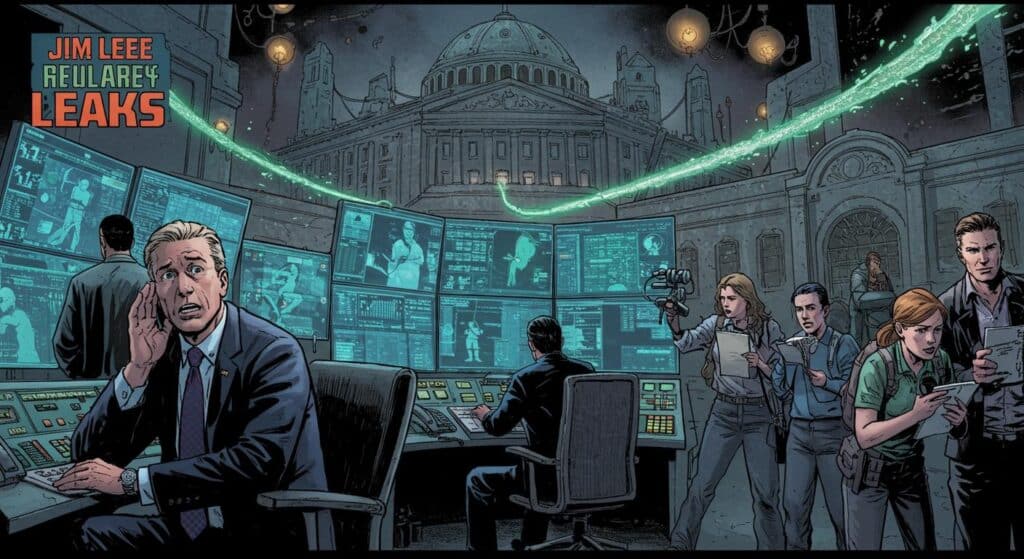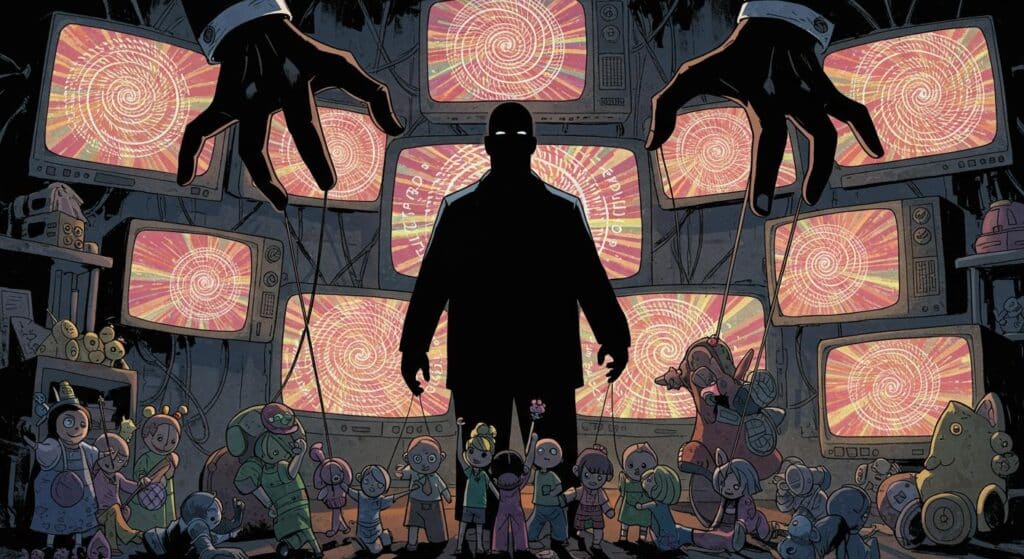Inbox skepticism is just part of the armor in today’s digital world. If you’ve ever received a message claiming “Congratulations! You’re a Winner!” you probably scanned for typos—or quietly rolled your eyes and hit delete. That baked-in suspicion makes the account of Micale Garland, a Detroit resident, all the more relatable. Imagine: years spent buying Lucky for Life tickets online, and the moment the Michigan Lottery actually does notify you of a win, your instinct is to suspect a prank. Life, it seems, remains committed to irony.
When the Universe Pranks Back
Described in UPI’s latest foray into the world of improbable headlines, Garland’s story reads as almost a user’s manual for being a modern adult. Upon opening an email indicating a noteworthy lottery prize for the April 28 Lucky for Life drawing, he did what any seasoned internet-dweller would: logged in to confirm, stared at his account balance, and promptly suspected shenanigans. As recounted by lottery officials, only a direct call to the Michigan Lottery led Garland to that rarest of conclusions—his windfall was, improbably, real. Even after confirmation, he commented that “it still feels like [he’s] living in a dream.”
Isn’t it telling that a once-in-a-lifetime win now arrives disguised as a potential phishing attempt? The genuine article and the practical joke, indistinguishable except by bureaucratic phone call.
Modest Plans for the Extraordinary
Amid dreams of sudden yachts and champagne fountains, Garland’s reaction stood apart. Rather than wild spending, he intends to take a trip and save the rest—a plan highlighted by the officials he spoke with after his win. That’s not quite the movie montage most of us imagine after hearing the words “$25,000 a year for life.” Perhaps there’s a lesson here: if reality already feels like a prank, there’s a certain logic to keeping your feet firmly on the ground—and maybe checking your spam folder just in case.
This measured response also hints at a broader pattern. How many lottery winners pause, double-check, and verify before even allowing themselves a moment to celebrate? One suspects Garland is not the first to treat good fortune as probable fiction.
Life, Luck, and Other Peculiarities
Garland’s narrative fits snugly within UPI’s ongoing catalogue of stories that blur the line between routine and ridiculous. Consider: in the same outlet, stories this week include a moose giving birth on hospital lawns in Anchorage, paddleboarders in Florida befriending a persistent manatee, and, if you can believe it, a clothing-optional 5k attracting record participants in South Carolina. Clearly, the universe distributes oddities as generously as it scatters lottery prizes.
In another detail gleaned from the outlet’s recent coverage, Maryland saw a Racetrax enthusiast score a $46,734.50 prize—his second notable win from the same virtual horse race game. Earlier reports reference a North Carolina man crediting a “wild hair” for his $1 million lottery scratch-off purchase. Patterns? Coincidences? Or just the deeply human tendency to find meaning in chaos?
Modern Skepticism, Modern Luck
What lingers here, beneath the numbers and near-misses, is an oddly reassuring image: a man, faced with great fortune, does his due diligence. Amid headlines about moose, manatees, and racetrack luck, Garland’s approach is an echo of our own caution. Big surprises—good and bad—get the same treatment: research, verification, and a cautious sense of humor.
So, the next time you catch an unlikely email in your inbox, maybe resist reflexively hitting “delete.” If the week’s news cycle has proven anything, it’s that reality remains more persistent—and just a bit weirder—than even the most persistent prankster. How many other victories, small or large, are we collectively laughing off as unlikely? The universe, it seems, loves a good reveal.







